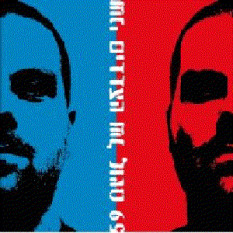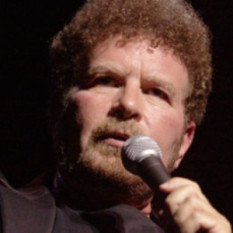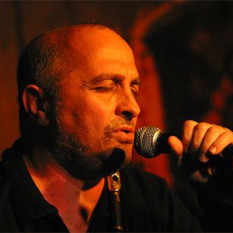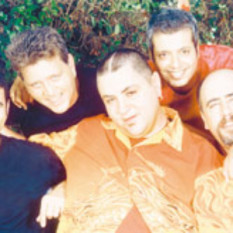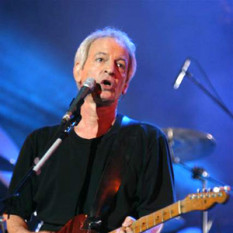Hebrew (ืขึดืึฐืจึดืืช, โIvrit) is a Semitic language of the Afro-Asiatic language family. Modern Hebrew is spoken by more than seven million people in Israel and Classical Hebrew is used for prayer or study in Jewish communities around the world. It is one of the official languages of Israel, along with Arabic. Hebrew is also spoken as a mother tongue by the Samaritans, though today fewer than a thousand Samaritans remain. As a foreign language it is studied mostly by Jews and students of Judaism and Israel, archaeologists and linguists specializing in the Middle East and its civilizations and by theologians.
The modern word "Hebrew" is derived from the word "ivri" which in turn may be based upon the root "`avar" (ืขืืจ) meaning "to cross over". The related name Ever occurs in Genesis 10:21 and possibly means "the one who traverses". In the Bible "Hebrew" is called Yehudith (ืืืืืืช) because Judah (Yehuda) was the surviving kingdom at the time of the quotation, late 8th century (Is 36, 2 Kings 18). In Isaiah 19:18, it is also called the "Language of Canaan" (ืฉึฐืืคึทืช ืึฐึผื ึทืขึทื).
The core of the Tanakh (the Hebrew Bible) is written in Classical Hebrew, and much of its present form is specifically the dialect of Biblical Hebrew that scholars believe flourished around the 6th century BCE, around the time of the Babylonian exile. For this reason, Hebrew has been referred to by Jews as Leshon HaKodesh (ืืฉืื ืืงืืืฉ), "The Holy Language", since ancient times.
.




